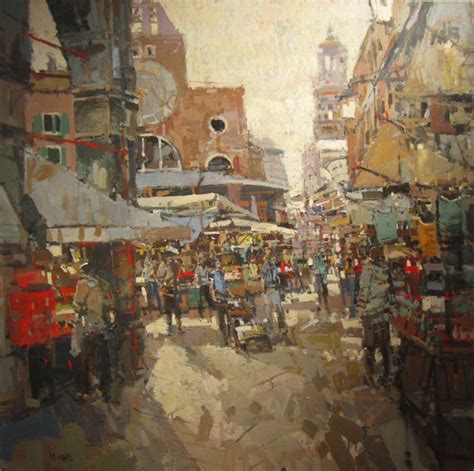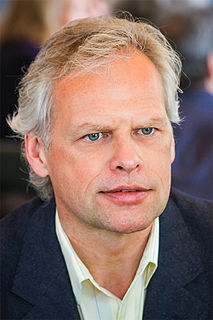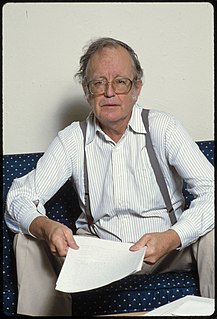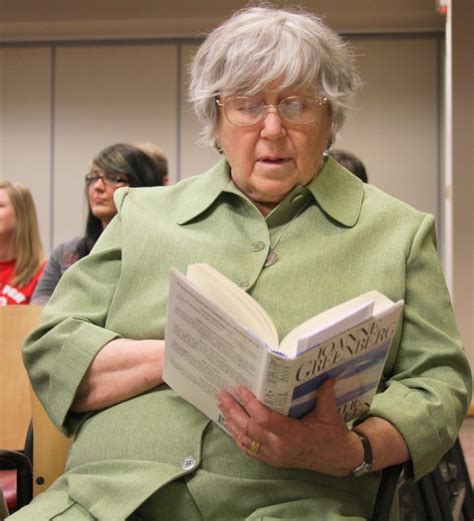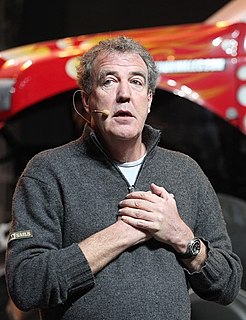A Quote by Wendell Phillips
Related Quotes
I appreciate good criticism and I think it's really important. I don't like it when it's consumer advocacy, like how you should spend your $60. Great criticism is a kind of literature. I've written some criticism, and I really enjoy it because I think it's important for people to know that theatre is vital. Criticism is really unevenly distributed in this town. Obviously the power of the Times is discouraging. It's killing new plays, demolishing one after another.
It is a fallacy to think that carping is the strongest form of criticism: the important work begins after the artist's mistakes have been pointed out, and the reviewer can't put it off indefinitely with sneers, although some neophytes might be tempted to try: "When in doubt, stick out your tongue" is a safe rule that never cost one any readers. But there's nothing strong about it, and it has nothing to do with the real business of criticism, which is to do justice to the best work of one's time, so that nothing gets lost.
I take criticism so seriously as to believe that, even in the midst of a battle in which one is unmistakably on one side against another, there should be criticism, because there must be critical consciousness if there are to be issues, problems, values, even lives to be fought for... Criticism must think of itself as life-enhancing and constitutively opposed to every form of tyranny, domination, and abuse; its social goals are noncoercive knowledge produced in the interests of human freedom.
...to experience the reality was to suffer a boredom as endless as the illness itself...the boredom of insanity was a great desert, so great that anyone's violence or agony seemed an oasis, and the brief companionship seemed like a rain in the desert that was numbered and counted and remembered long after it was gone.
I don't have a very high opinion, actually, of the world of criticism - or the practice of criticism. I think I admire art criticism, criticism of painting and sculpture, far more than I do that of say films and books, literary or film criticism. But I don't much like the practice. I think there are an awful lot of bad people in it.
Boredom forces you to ring people you haven’t seen for eighteen years and halfway through the conversation you remember why you left it so long. Boredom means you start to read not only mail-order catalogues but also the advertising inserts that fall on the floor. Boredom gives you half a mind to get a gun and go berserk in the local shopping centre, and you know where this is going. Eventually, boredom means you will take up golf.
Self-criticism is not "love," and it is certainly not indifferent. It's a form of hatred. And when I name that, when I see it for what it is (raw and uncomfortable and saddening), when I refuse to sugar-coat self criticism, judgment, agitation, and constantly trying to improve myself, then I'm one quantum leap closer to freedom.
We define boredom as the pain a person feels when he's doing nothing or something irrelevant, instead of something he wants to do but won't, can't, or doesn't dare. Boredom is acute when he knows the other thing and inhibits his action, e.g., out of politeness, embarrassment, fear of punishment or shame. Boredom is chronic if he has repressed the thought of it and no longer is aware of it. A large part of stupidity is just the chronic boredom, for a person can't learn, or be intelligent about, what he's not interested in, when his repressed thoughts are elsewhere.


